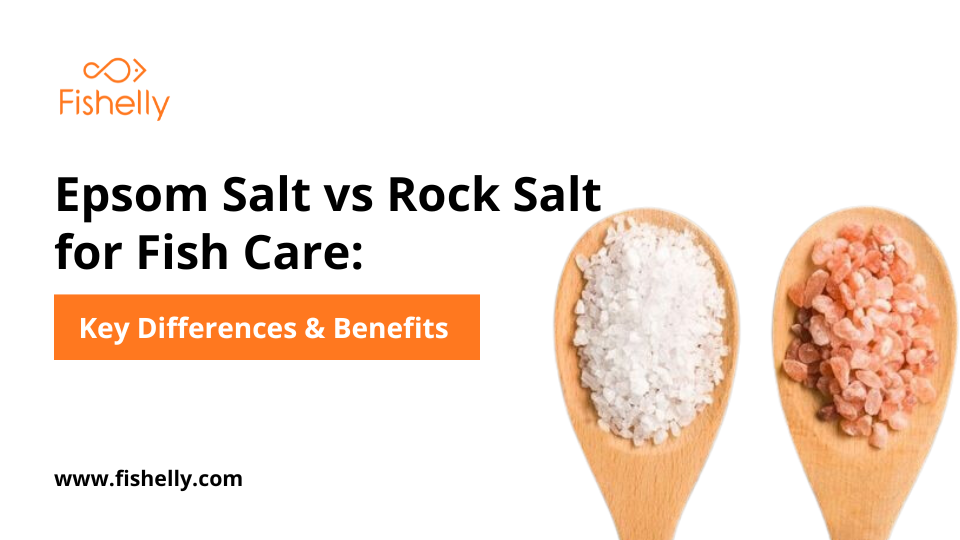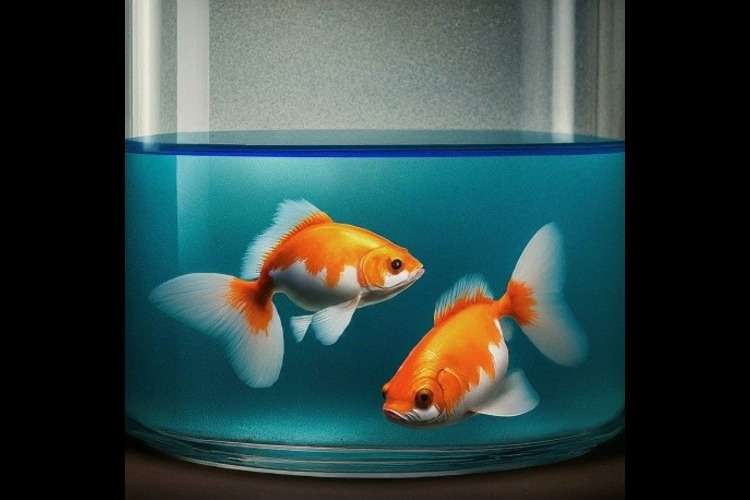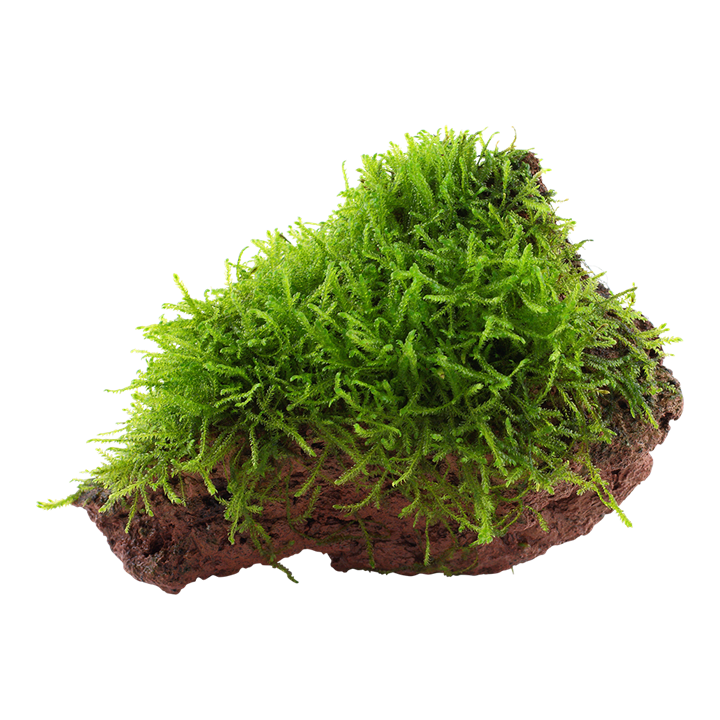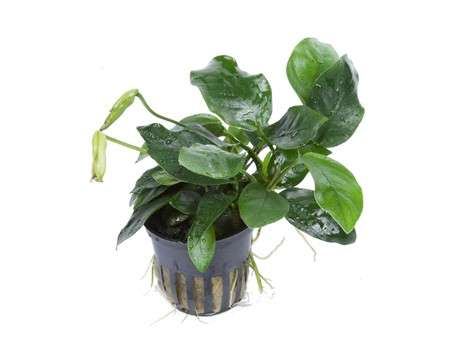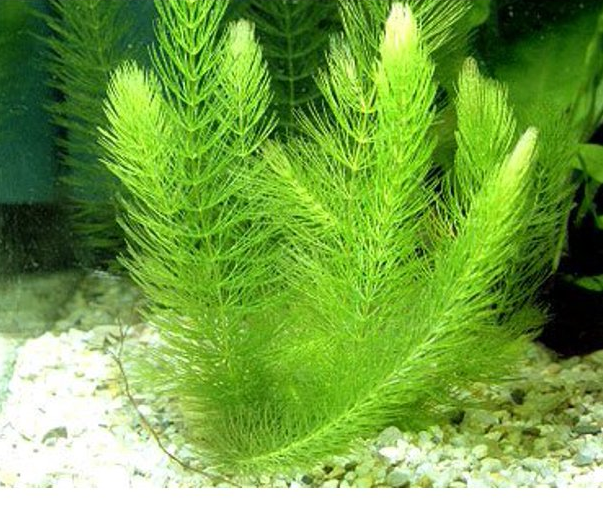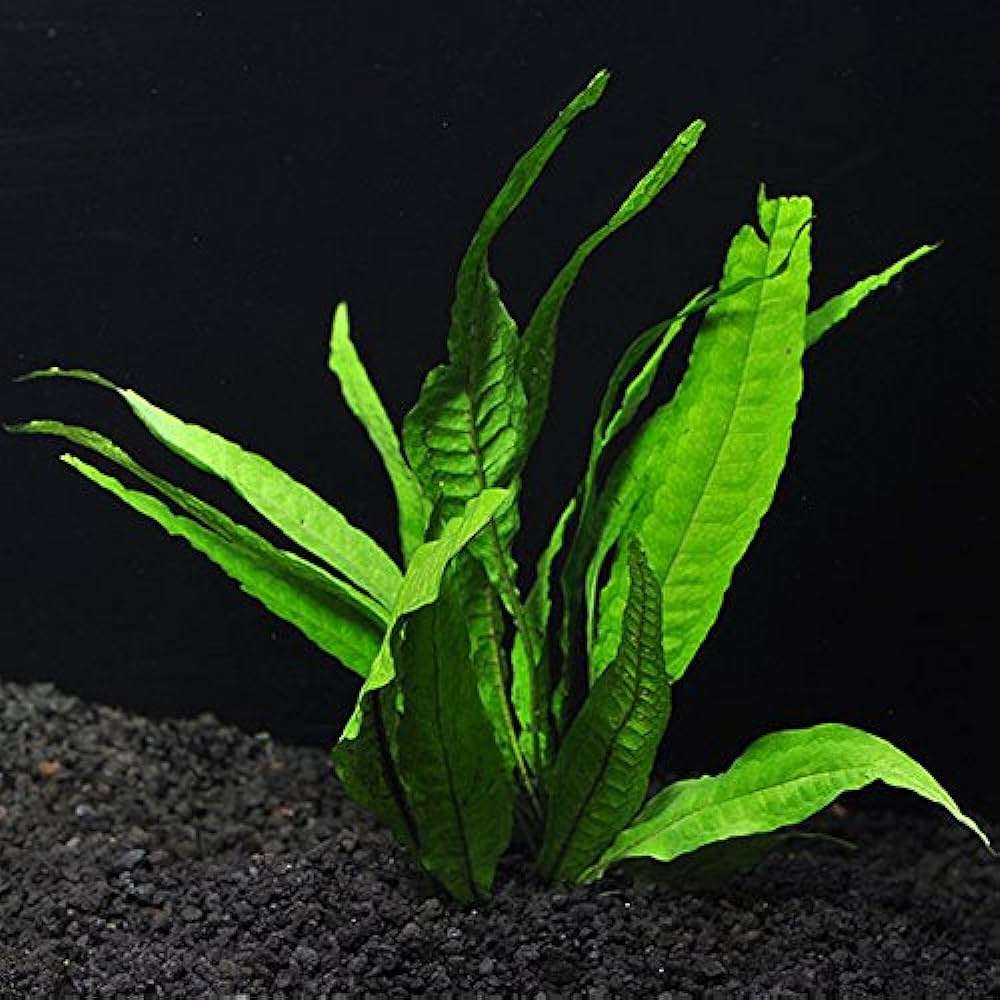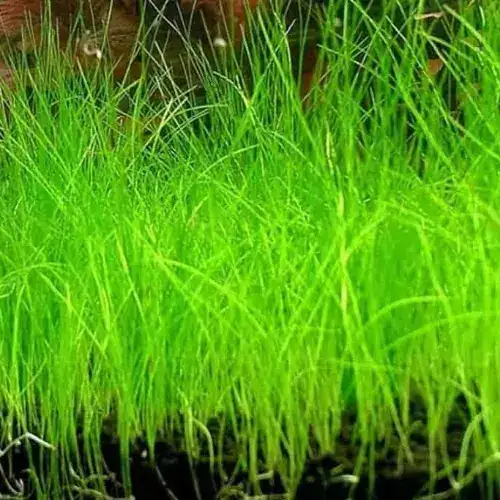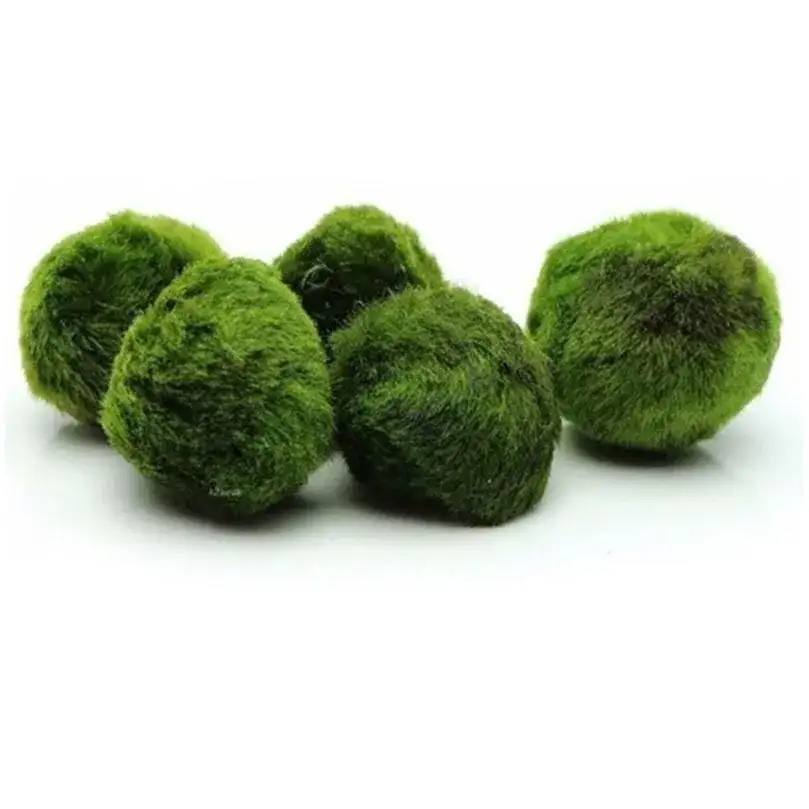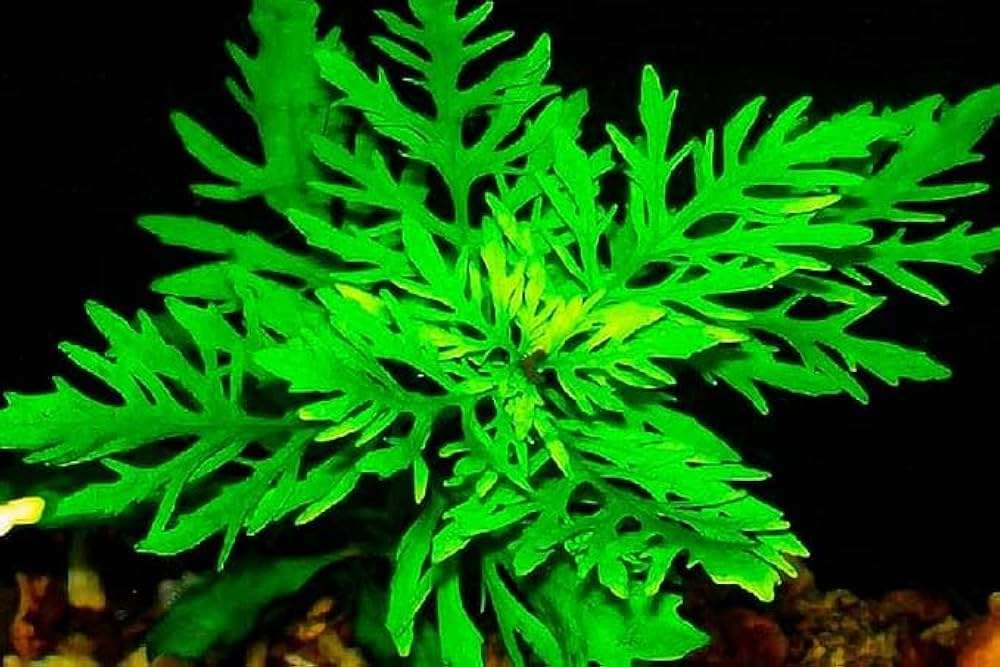Epsom Salt vs Rock Salt for Fish Care: Key Differences & Benefits
Explore the benefits of Epsom salt and rock salt for fish care. Learn how Epsom salt treats internal health issues, while rock salt helps control parasites and salinity.
Table of Contents
- What is Epsom Salt?
- What Is Rock Salt?
- Main Differences Between Epsom Salt and Rock Salt
- Application of Epsom Salt on Fish
- Use of Rock Salt on Fish
- When to Apply Epsom Salt
- When to Use Rock Salt
- Faq
- Conclusion
When it comes to making sure that your aquarium is staying healthy, the right salt can play a huge role for the well-being of the fish. Among the very common options that most people consider when choosing salt to add to their aquariums include Epsom salt and rock salt. Both of them can be used for certain purposes but they are different when it comes to the purpose they will use in an aquarium environment. Here is a comparison for you to determine which would be best suited for your tank.
What is Epsom Salt?
Epsom salt, chemically known as magnesium sulfate, is a natural mineral compound. It is commonly used to treat fish ailments like stress, constipation, and swim bladder disorder. Epsom salt can also improve water hardness and promote healthy gill functions in fish. It’s particularly effective for treating freshwater fish diseases, such as dropsy, by helping to expel excess fluid from the fish’s body.
What Is Rock Salt?
Rock salt, or halite, is primarily made up of sodium chloride. It is commonly used to increase salinity in aquarium water, especially in marine and brackish water setups. Rock salt helps treat external parasites, wounds, and infections by improving the immune system and overall health of fish.
Main Differences Between Epsom Salt and Rock Salt
Composition: Epsom salt is made of magnesium sulfate, while rock salt is composed of sodium chloride.
Uses: Epsom salt is used primarily for curing internal problems such as bloating, swim bladder issues, and dropsy. It is also used to enhance magnesium levels in freshwater aquariums. Rock salt, on the other hand, is mainly used to increase salinity, treat external infections, and help control parasites.
Impact on Water: Epsom salt does not increase the salinity of the water but can affect water hardness by adding magnesium. In contrast, rock salt raises the salinity, and caution is needed when using it in freshwater aquariums as many fish are sensitive to high salt levels.
Safety: Epsom salt is generally safe for freshwater aquariums when used in the right amounts. It is non-harmful to most plants and fish species when used correctly. Rock salt, however, is too strong for many freshwater fish and should only be used in marine or brackish water aquariums.
Application of Epsom Salt on Fish
Swelling and Bloating: Epsom salt is effective in drawing out excess fluid from the body of a fish, making it useful for treating conditions like dropsy or bloating.
Swim Bladder Disorder: It can help reduce internal pressure in the fish, assisting with swim bladder issues.
Stress Relief: Epsom salt can help reduce stress in fish, improving the well-being of stressed or newly introduced fish.
Water Hardness: It can slightly increase water hardness, which is beneficial for species that require higher magnesium levels.
Use of Rock Salt on Fish
Treating External Infections: Rock salt aids in treating external wounds and skin infections, helping to boost the fish's immune system.
Parasite Control: It is useful in controlling external parasites like ich or velvet by raising the salinity in the tank, which can hinder these organisms.
Salinity Maintenance: In marine and brackish water aquariums, rock salt helps maintain the proper level of salinity necessary for the health of the fish.
When to Apply Epsom Salt
Epsom salt is best used for treating fish with internal health issues like bloating, swim bladder disorder, or swelling. It also helps maintain healthy magnesium levels in freshwater aquariums.
When to Use Rock Salt
Rock salt is ideal for marine or brackish water aquariums that need higher salinity. It is also beneficial for treating external wounds and controlling parasites in these setups.
Faq
1.What is Epsom salt and how is it used?
Epsom salt (magnesium sulfate) treats internal health issues like bloating, swim bladder disorder, and dropsy, and enhances magnesium levels in freshwater aquariums.
2.What is rock salt and when should it be used?
Rock salt (sodium chloride) increases salinity in marine/brackish aquariums, treats external wounds, infections, and controls parasites.
3.What are the main differences between Epsom salt and rock salt?
Epsom salt treats internal issues and affects water hardness; rock salt raises salinity and treats external problems.
4.Can Epsom salt be used in saltwater aquariums?
Epsom salt is best for freshwater aquariums and does not affect salinity.
5.Is rock salt safe for freshwater fish?
No, rock salt is too strong for many freshwater species and is meant for marine or brackish setups.
6.How does Epsom salt help with bloating and swim bladder disorder?
It draws out excess fluid, reducing swelling and internal pressure.
7.When should I use rock salt?
Use it in marine/brackish aquariums for salinity control, wound healing, and parasite treatment.
8.Can Epsom salt help reduce stress in fish?
Yes, Epsom salt helps reduce stress in newly introduced or stressed fish.
Conclusion
Both Epsom salt and rock salt have unique benefits for aquarium care. Epsom salt is ideal for treating internal fish health problems and improving water hardness, while rock salt is best for enhancing salinity and treating external issues like parasites and wounds. Understanding when and how to use each can ensure a healthier aquarium environment for your fish.
